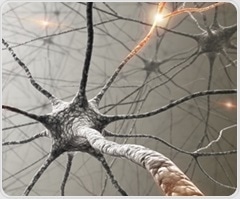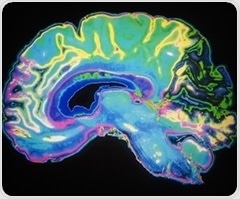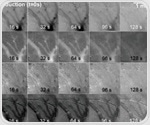
|
|
|
| |

|
|
| |
The latest epilepsy news from News Medical |
|
|
|
 | | |  Heart rate variability may increase epilepsy risk Heart rate variability may increase epilepsy risk Doctors have long characterized epilepsy as a brain disorder, but researchers at Case Western Reserve University have found that part of the autonomic nervous system functions differently in epilepsy during the absence of seizures.This connection to the involuntary division of the nervous system may have implications for diagnosing and treating the disease and understanding sudden unexpected death in epilepsy | | | | |  New model could help to better understand extreme events in the brain New model could help to better understand extreme events in the brain Physicists at the Universities of Bonn and Oldenburg have developed a model whose behavior - although based on strict rules - can apparently change spontaneously. There are also changes of this type in nature, for example, in the development of migraine attacks or epileptic seizures. | |
|
|
| |  | | |  Measuring brain activity using optical imaging shows promise to transform the method of treating brain injuries and neurological disorders. Dr. Ofer Levi, who serves as an assistant professor at the University of Toronto's Institute of Biomaterials and Biomedical Engineering, and his team is working on realizing dual modality brain mapping with a single system. Measuring brain activity using optical imaging shows promise to transform the method of treating brain injuries and neurological disorders. Dr. Ofer Levi, who serves as an assistant professor at the University of Toronto's Institute of Biomaterials and Biomedical Engineering, and his team is working on realizing dual modality brain mapping with a single system. | | | | |  People newly diagnosed with multiple sclerosis may often have other chronic health conditions as well, according to a study published in the March 9, 2016 online issue of Neurology®, the medical journal of the American Academy of Neurology. People newly diagnosed with multiple sclerosis may often have other chronic health conditions as well, according to a study published in the March 9, 2016 online issue of Neurology®, the medical journal of the American Academy of Neurology. | |
|
|
|
|
|
|
|